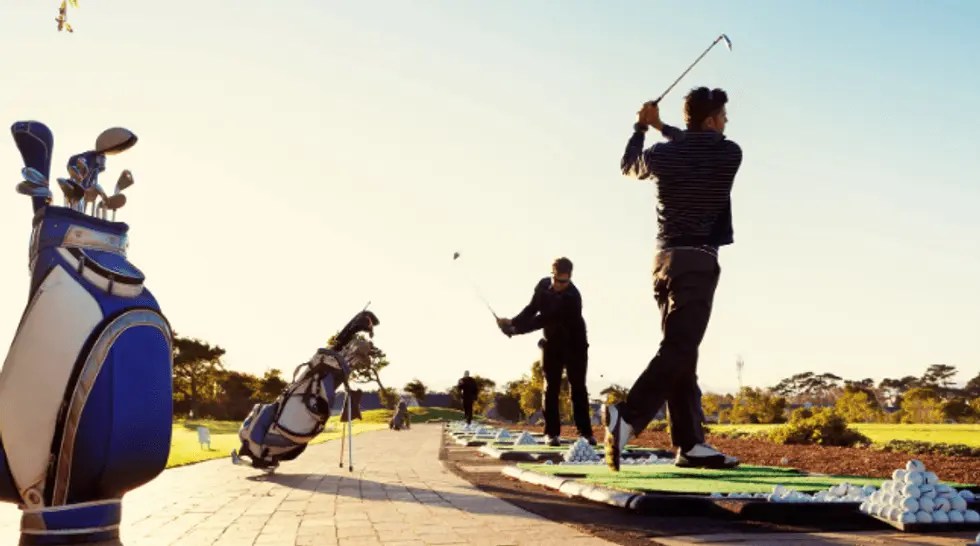1. Let’s say you and your 4-year-old son live in Los Angeles.
You enjoy your life there. Your friends; your family; the balmy, sunny weather; how you meet people of all shades, sexual orientations, and genders. There is no judgment. Difference is normal.
The only thing your graduate degree prepared you to be is a college professor. But competition for jobs is fierce in Los Angeles, so you apply for five professorships around the country. After three rounds of interviews, you are offered an assistant professorship in a faraway Midwestern town that is, you learn after a quick internet search, not nearly as diverse as L.A. But you say yes to the job.
The first thing you do is look up all the preschools in the area. You call and ask about their educational curriculum; they all sound great. Then you ask, of course, if they have any black students. You do not have the luxury of not asking this, of not being direct. You have to know that your son will not be the only person in his school who looks like him. You know from your own experience the dangerous vulnerability of being the only one.
Of the six schools you call, only one says that they have any black students — five children out of 150. None of the schools have any permanent, full-time black teachers on staff. You think of the ramifications of this. Studies (and plain common sense) have shown that children do better when they can see older role models who look like them and that teachers of color are necessary for development and growth.
2. When you arrive in your new city, you realize this is the first time in your life you have seen Confederate flags waving proudly.
You knock on the doors of neighbors to prospective houses to see how they’ll react to you. With the help of a queer couple who has befriended you, who did this same thing when they first moved to the town, you learn how to read clues to see which of your new neighbors will be allies, what spaces you can count on to be safe.
This is the essence of straight white privilege: to not have to worry that your neighbors will be violent toward you because of the color of your skin; to not have to assess each neighborhood for signs of racism or homophobia to make sure you and your children will be safe.
3. When you pick up your son from preschool, his hair is full of dirt and leaves.
The white assistant teacher tells you that the staff raked piles of leaves for the students to jump into. But they could not comb your son’s hair because the texture of his black hair is too different, too coarse. You tell her you comb his hair every morning and night just fine. There is a pause, and then the teacher wanders away.
You remember how, as a child, your father told you the teachers at Sunday school refused to comb your hair or change your diapers because they didn’t want to touch black babies. You thought things had changed since then. You guess you were wrong.
4. On the playground, you and your son are playing in the sandbox.
An older white girl, about 11 years old, begins to play with your son. You comment to her mother how well her daughter is playing with your son; she is so considerate, you say. The mother tells you her daughter is good now, but she used to have problems with the coloreds. Your brain stutters; you tell yourself she meant colors. So you ask what problem she had with colors — painting? Drawing?
The girl’s mother tells you the problem was with colored people. The girl’s father, you see, is very racist, and the girl picked it up from him. She, the mother, had to work to stop it and tell her daughter that the coloreds were just like them. Why, even her best friend is black. You are stunned into silence. You have never been called “colored people.”
You wonder if you should explain to this woman exactly what’s wrong with what she just said; if you should spend precious energy educating yet another white person about racism just to get them to treat you like a person.
You realize to survive here you cannot hold on; you must learn to let go. But you can’t. How these people see your skin is the difference between whether they will choose to pull the trigger or to holster their gun. These things are life and death.
5. At home, your son says another teacher told him if he washes his brown skin, he will grow lighter and not be black.
You are livid. You want to throw things. You still feel the weight of hearing comments exactly like this when you were a child over 30 years ago. You thought things would be different by now.
You think of all the things you want to say to the employees at the school. But you know if you rage, they will get defensive. This is the bitter pill black people must swallow; you cannot express your emotions because you have to protect the feelings of the white people involved in the situation. Otherwise they will shut down, and you will accomplish nothing.
No, you must always be the bigger person. You must be the one to explain to the director and the teacher why such comments are unacceptable, explain that they need diversity and inclusivity training for both the teachers and the students. It is your job to lay out, step by step, why things like this cannot be said — why things like this can never happen again.
Even after all of that, the preschool director refuses to enact any changes in the school program. You cry. You dry your eyes. You pick yourself up and advocate for your son again. You create a three-part plan for diversity and inclusion and present it to the school. After a week of emailing and prevarication, they agree to hold a diversity and inclusion seminar. You realize this will be the next 12 years of your life.
6. But you know that talking to schools about diversity is different from schools actually having diversity.
A friend tells you that a fight broke out at her son’s school and the teacher walked over to the only black boy and said, “The next time you cause trouble, boy, I’m going to call the police on you.” The boy was 6 years old. The school never bothered to tell his mother.
You have seen this story repeated all around the country. Sometimes, the black baby is handcuffed or jailed; sometimes beaten, sometimes killed. For black children, the school — no, the preschool to prison pipeline is very real.
You thought you could protect your baby through your presence. You have gone to every school function. You talk to all the teachers and parents. You want them to know there is someone paying attention to make sure your son is treated equally.
But still, it is happening; your vigilance is not enough. Only when equality becomes truly universal — not just in laws but in small interactions, in classrooms, in neighborhoods — will your son ever actually be safe.
This story originally appeared in Dame Magazine and is reprinted here with permission.
































